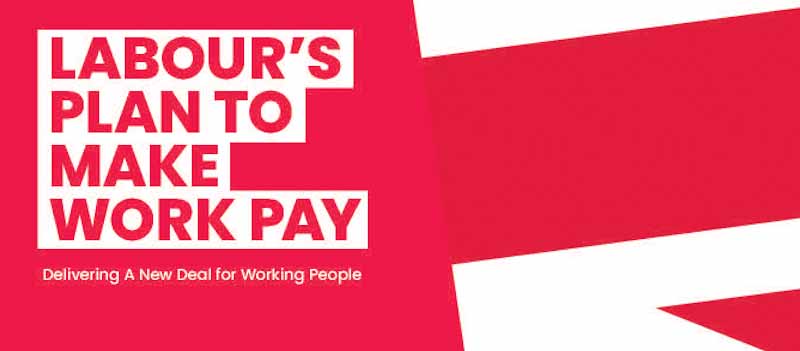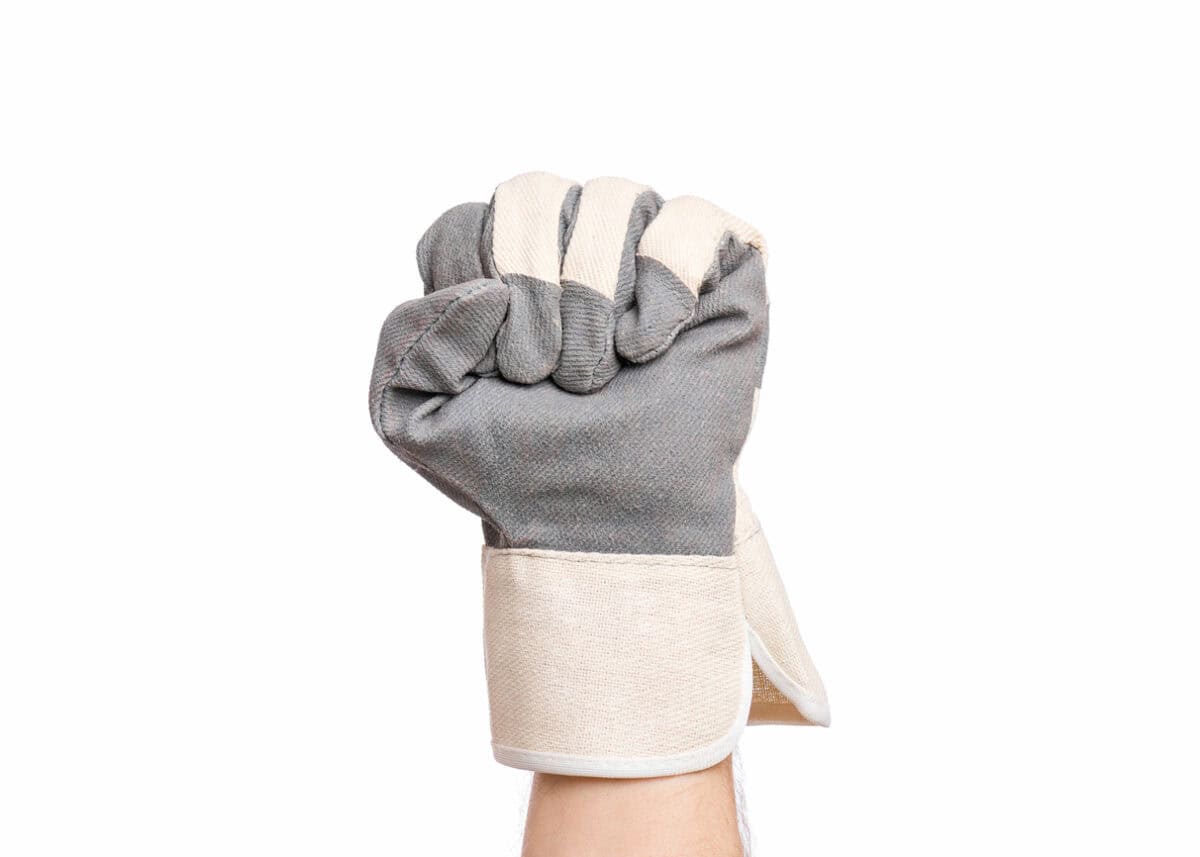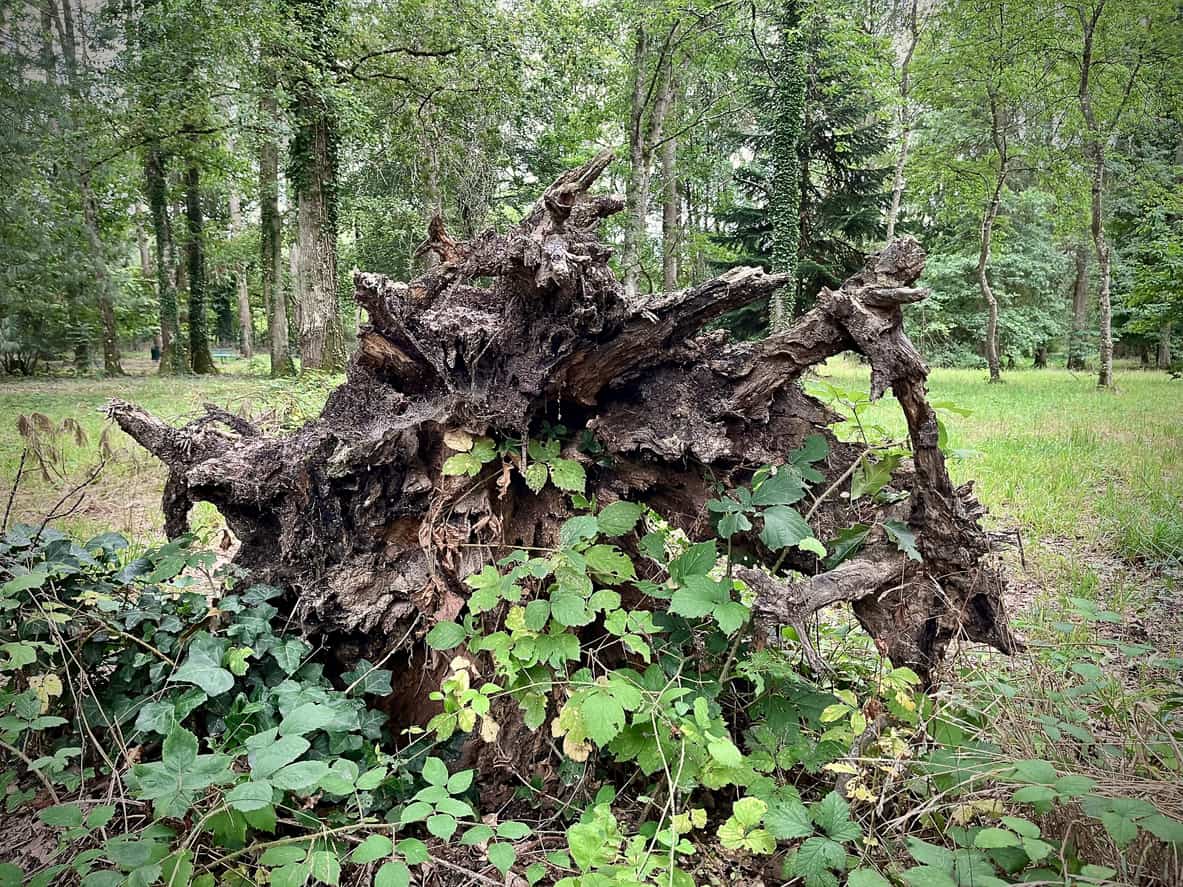Work health and safety is a fundamental human right. Last year, I asked “so what?” Australia is strengthening the relevance of this international human right at the local level, but you wouldn’t notice unless you looked hard.
The federal government’s Joint Standing Committee on Treaties has been receiving public submissions on the ratification of ILO Conventions 191 and 187. It’s such a hot topic that it received only two submissions!!; neither opposed the ratification, but they provide some useful context to the aims of occupational health and safety (OHS) in Australia.







